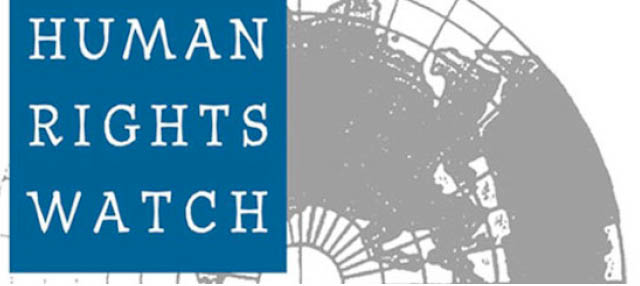Human rights are commonly understood as inalienable fundamental rights to which a person is inherently entitled simply because she or he is a human being and which are “inherent in all human beings” regardless of their nation, location, language, gender, ethnic origin or any other status. They are applicable everywhere and at every time in the sense of being universal and they are equal in the sense of being the same for everyone. They require empathy and the rule of law and impose an obligation on persons to respect the human rights of others. They should not be taken away except as a result of due process based on specific circumstances, and require freedom from unlawful imprisonment, torture, and execution. It is believed that human rights contain a wide variety of rights such as the right to fair trial protection against enslavement, prohibition of genocide, free speech or right to education. Moreover, there is disagreement about which of these particular rights should be included within the general framework of human rights. Some thinkers suggest that human rights should be a minimum requirement to avoid the worst-case abuses, while others see it as a higher standard.
What is special about us is our humanity, our being human. As humans, we can think and articulate thoughts; we also have a sense of right and wrong, which is our conscience.
Equality does not mean that we are all the same. Each of us is different in our own special way. But we also have the common qualities that make us all humans. So each of us should be treated with respect and dignity and treat others in the same way. In another term, all human beings have real dignity simply because they are persons-entities with a natural capacity for thought and free choice. All human beings have this capacity, so all human beings are persons. Each human being therefore deserves to be treated by all other human beings with respect and consideration.
Moreover, it should be considered that to be born free means that all people have an equal right to freedom. But freedom does not mean that we can do anything we want, nor can freedom for some mean limiting the freedom of others. Though we are born free, we live in a community that functions because there is an understanding among its members. In short, it has rules and requires responsibilities. Human rights and dignity are not something that we can bestow or take away from another person. It is intrinsic to our existence. What we can do is enter into relationships that respect our mutual human dignity. When respect for human dignity forms the basis of our relationships.
A number of standard individual rights are significant to ethnic minorities, including rights to freedom of association, freedom of assembly and freedom of religion. Human rights instruments also include rights that refer to minorities explicitly and give them special protections. For example, the Civil and Political Covenant in Article 27 says that persons belonging to ethnic, religious, or linguistic minorities “shall not be denied the right, in community with other members of their group, to enjoy their own culture, to profess and practice their own religion, or to use their own language.”
Ill-fatedly, the flagrant violation of human rights and dignity are rampant around the globe. The armed insurgents spill the blood of innocent civilians on the grounds of their creed, color, sect and sex. Women are subjugated to men in patriarchal societies and child labor from the break of dawn to the fall of dusk in poverty-stricken countries. Similarly, the ethnic minority groups suffer sectarian violence, mainly triggered by terrorist insurgents – who also sow the seeds of fear and mistrust between East and West via infiltrating to Western countries. As a result, Afghan nation suffer painfully by the insurgents and their rights and dignity are violated to a great extent. Human rights instruments emphasize that all people, including women and members of minority ethnic groups, have equal human rights and should be able to enjoy them without discrimination. The right to freedom from discrimination figures prominently in the Universal Declaration and subsequent treaties. The Civil and Political Covenant, for example, commits participating states to respect and protect their people’s rights without distinction of any kind, such as race, color, sex, language, political or other opinion, national or social origin, property, birth, or social status.
The fact is that we too often dehumanize our brothers and sisters or shut our ears when they cry out. Failure to recognize the human dignity of each and every person opens the door to all manner of violence and injustice. But how can we truly make human right and dignity the cornerstone of our relationships?
This question is especially pertinent when we reflect on our relationships with people we may never meet; people who suffer in the far corners of the world and whose names we do not know. Although we may never meet, we still share the same planet and its gifts. These gifts are not simply for our own personal use but are entrusted to us by our Creator for the flourishing of our human family. We are increasingly aware that our actions in one part of the world can affect people who live far away from us. We are interconnected. Hence, we have to cherish our humane characteristics.
Home » Opinion » The Issue of Human Rights
The Issue of Human Rights
| Hujjatullah Zia

